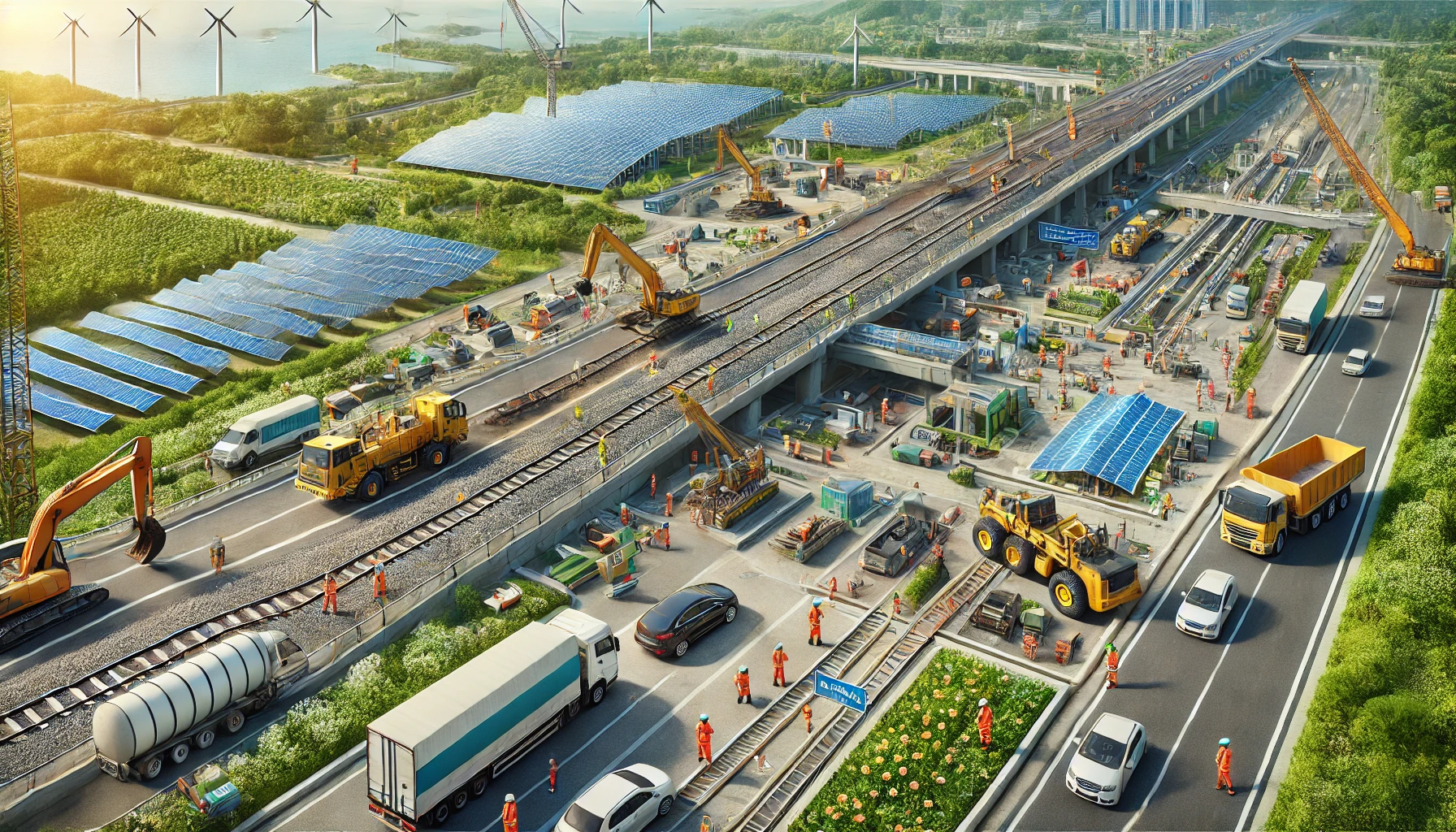AfDB Grants €80.16M Loan to Tunisia for Phase 3 of Road Infrastructure Modernization
Ambitious Road Upgrade Project Targets Regional Connectivity, Economic Growth, and Job Creation.

The African Development Bank (AfDB) has approved a loan of €80.16 million to Tunisia for the third phase of its Road Infrastructure Modernization Programme. This initiative, which carries a total cost of €86.21 million, is co-financed with a €6.05 million contribution from the Tunisian government. The project aims to modernize 188.9 kilometers of classified roads across seven governorates: Kef, Kasserine, Sousse, Sfax, Kairouan, Siliana, and Gafsa.
The Bank’s contribution, approved on 9 December 2024, covers 92.98% of the total cost and will help address long-standing transportation constraints caused by deteriorated road conditions. These upgrades are expected to unlock economic potential in the affected areas, boost regional integration, and improve accessibility for goods and people.
The road improvement initiative aims to:
- Modernize Tunisia’s road network to meet international standards.
- Create a sustainable transport system to support socio-economic growth.
- Enhance accessibility to remote regions, particularly those with high agricultural and industrial value.
- Provide economic opportunities by creating jobs in construction, maintenance, and related sectors.
Socio-Economic Impacts
The transport sector currently accounts for 5% of Tunisia’s GDP, employing approximately 160,000 people. This project builds on the achievements of previous phases, which saw the modernization of 4,000 kilometers of roads and 104 kilometers of motorways, as well as the construction of various supporting structures like bridges.
Solomon Quaynor, AfDB Vice President for Private Sector, Infrastructure, and Industrialization, highlighted the broader benefits of the project:
- Private Sector Growth: Improved infrastructure will enhance opportunities for small and medium enterprises (SMEs) and create market access for entrepreneurs.
- Youth Employment: Road construction and maintenance are expected to generate new jobs for young people, particularly in vulnerable regions.
- Food Security: Upgrades will improve access to high-value agricultural regions, strengthening food supply chains.
Quaynor also emphasized the long-term sustainability of the initiative, which includes enabling micro-enterprises focused on road maintenance to support infrastructure longevity while driving entrepreneurship.
Cross-Border and Regional Benefits
The project will enhance connectivity between Tunisia and Algeria, contributing to regional balance by upgrading road quality in border areas. This is expected to reduce disparities between urban and rural regions and support economic inclusion in disadvantaged communities.
Alignment with AfDB Priorities
The project aligns with two of the AfDB’s High5 priorities under its Ten-Year Strategy 2024–2033:
- Integrating Africa: By improving cross-border transport infrastructure.
- Improving the Quality of Life for People in Africa: Through enhanced regional access, job creation, and socio-economic upliftment.
Expanded Scope and Timeline
Running from 2025 to 2030, the initiative will focus not only on road upgrades but also on integrating supporting infrastructure such as bridges, drainage systems, and signage. Additional measures include climate-resilient designs to withstand extreme weather conditions and reduce environmental impact.
Looking Ahead
The AfDB’s sustained commitment to Tunisia’s infrastructure development reflects its broader vision of fostering a prosperous, inclusive, and resilient Africa. With this project, Tunisia is poised to strengthen its transport sector, enhance regional integration, and provide tangible benefits to its population, particularly in underserved areas.










